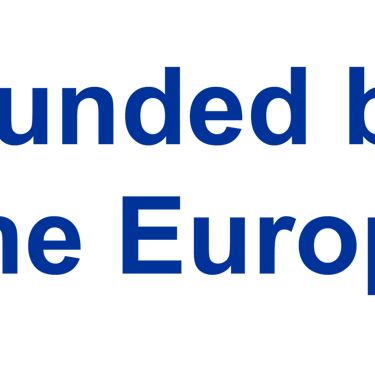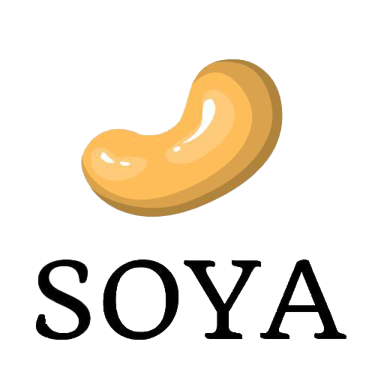Access4Culture
Access4Culture is a project that offers young people living in Budapest an opportunity to access culture equally and both for entertainment and personal growth.
PROJECTS
7/14/20251 min read
Culture belongs to everyone, yet many are left out. Our Access4Culture project aims to change this by offering young people an opportunity to access culture equally and both, for entertainment and personal growth. The programme will launch in the second half of the summer and run for 10 months.
What is our mission?
The goal of this 10-month initiative is to bring cultural experiences closer to young people in Budapest who have the least access to them. In doing so, the programme aligns with the solidarity and inclusion objectives represented by the European Union.
Who is it for?
We primarily target young people between the ages of 18 and 30 who are currently not in education, employment, or training (NEET youth), and for whom culture is often an unattainable luxury. Throughout the project, we want to break down the barriers that make culture seem elitist or “reserved for certain people.”
What is the programme?
Access4Culture is not just about museum or concert visits. Each cultural event is accompanied by two related workshops where participants can process their experiences together, talk about what they saw and heard, and reflect on what culture means to them and why it is important for society as a whole. The programme also supports the development of critical thinking.
At the heart of the programme is experiential learning, community-building, and self-expression. Our goal is for participants to gain not only cultural experiences but also confidence and new perspectives. Even more importantly, we want them to be able to pass these on to others in their communities.
We will regularly share updates about the project events on social media, so make sure to follow us on Instagram, TikTok, and Facebook to be part of the journey.
Access4Culture is an invitation to make culture not a privilege, but a shared experience accessible to all.
The project is funded by the European Union through the European Solidarity Corps.


